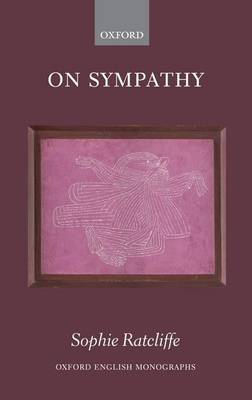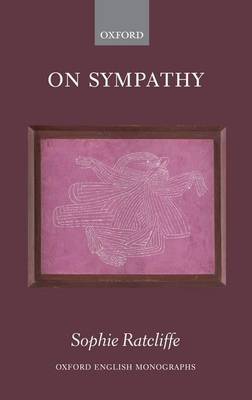
- Afhalen na 1 uur in een winkel met voorraad
- Gratis thuislevering in België vanaf € 30
- Ruim aanbod met 7 miljoen producten
- Afhalen na 1 uur in een winkel met voorraad
- Gratis thuislevering in België vanaf € 30
- Ruim aanbod met 7 miljoen producten
Zoeken
Omschrijving
Taking Shakespeare as its starting point, this book examines why and how we read poetry, how we relate to fictional characters, and whether reading is good for you. It also focuses on key works by Browning, Auden, and Beckett, who all drew on Shakespeare - and concludes with a critique of contemporary ideas about art, sympathy, and community.
Specificaties
Betrokkenen
- Auteur(s):
- Uitgeverij:
Inhoud
- Aantal bladzijden:
- 282
- Reeks:
Eigenschappen
- Productcode (EAN):
- 9780199239870
- Verschijningsdatum:
- 15/05/2008
- Uitvoering:
- Hardcover
- Afmetingen:
- 145 mm x 225 mm
- Gewicht:
- 507 g

Alleen bij Standaard Boekhandel
+ 303 punten op je klantenkaart van Standaard Boekhandel
Beoordelingen
We publiceren alleen reviews die voldoen aan de voorwaarden voor reviews. Bekijk onze voorwaarden voor reviews.








